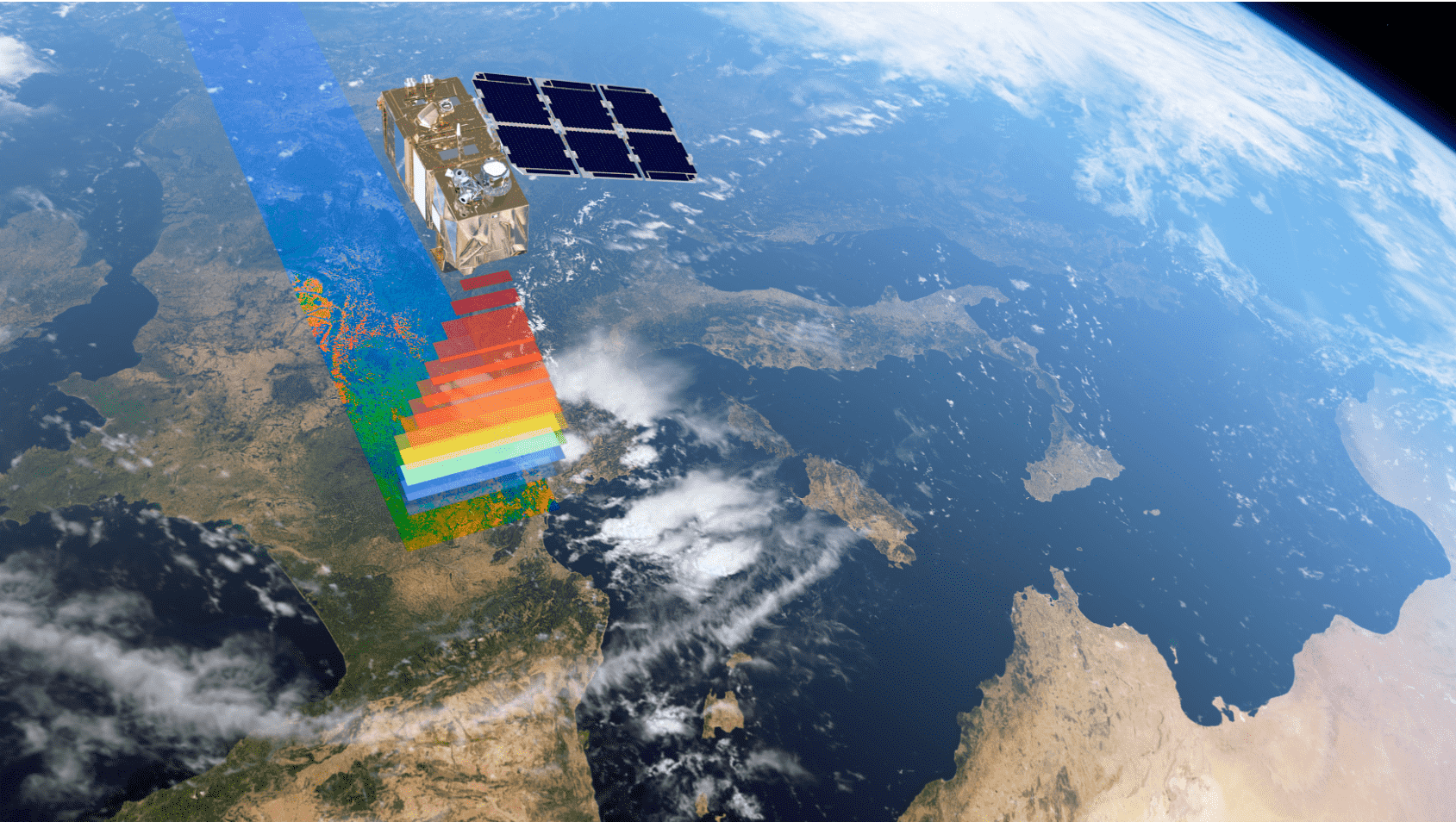Introduction
ESA is pleased to announce the release of the Copernicus Data Space Ecosystem initial service at the 15th EU Space Conference in Brussels. This new service is the gateway to access a wide range of Earth observation data and services.
The Copernicus Data Space Ecosystem follows on from the success of the current Copernicus Data Hub distribution service, which has reached more than 500 PB of Sentinel data downloaded by a growing community of more than 600,000 registered users. The service not only ensures the continuity of the open and free access to Copernicus data but also extends the portfolio for data processing and data access possibilities.
Users can access a first release of the Copernicus Data Space Ecosystem. Continuous updates will be carried out in the coming months in line with the service roadmap. Users of the Copernicus Data Hub distribution service are encouraged to re-register on the web portal and migrate their workflows to this new service before July 2023.

The Copernicus Data Hub distribution service will continue its full operations until the end of June 2023 to allow a smooth migration to the new Copernicus Data Space Ecosystem service by all user communities. As from July 2023 and until September 2023, the Copernicus Data Hub distribution service will continue offering access to Sentinel data with a gradual ramp-down of the operations capacity and data offering.
The Copernicus Data Space Ecosystem announced its initial service during the EU Space Conference on January 24, 2023. During the session on Copernicus fit for a new era ‘Space as a driver’, hosted by Paraskvi Papantoniou (EC) and Simonetta Cheli (ESA), Jurry de la Mar (T-Systems) explained more about the Copernicus Data Space Ecosystem and how it contributes to the evolution and modernization of Copernicus.
